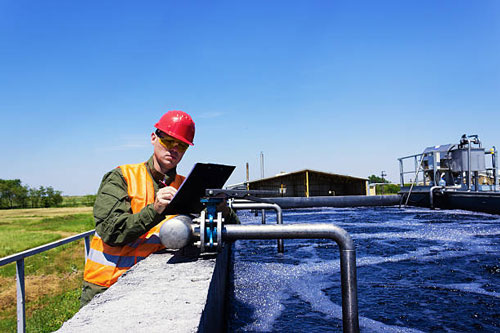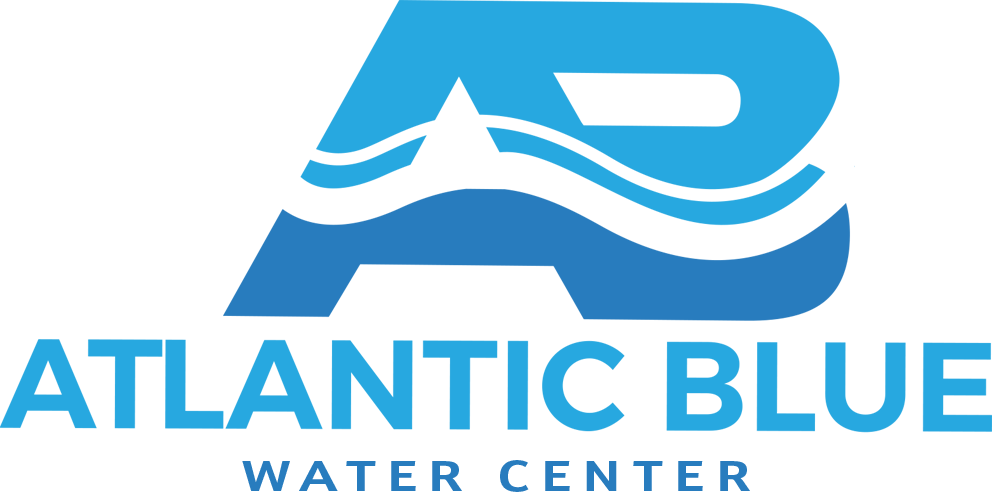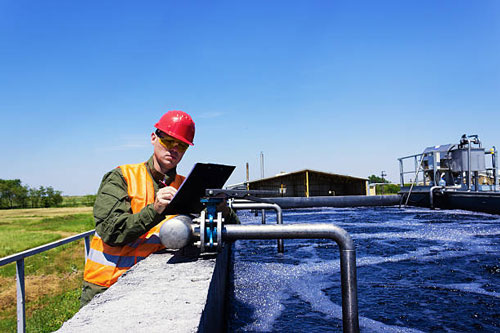Water is a fundamental need for human beings, and it is crucial to ensure that the water we consume is safe and free of contaminants. In the United States, most people rely on municipal water systems that are regulated by the Environmental Protection Agency (EPA) to ensure that they meet safety standards. However, there are instances where water may contain harmful contaminants, and it is essential to have your water tested to ensure that it is safe for consumption.
Water quality can vary depending on several factors such as the source of water, the treatment process used, and the infrastructure that transports the water to your home or business. Water can become contaminated by different types of pollutants, including bacteria, viruses, heavy metals, and chemicals, and the presence of these contaminants can pose significant health risks.
Therefore, it is essential to test your water regularly and choose the right water treatment system to ensure that you have access to safe and clean water.
Step 1: Get Your Water Tested
The first step to choosing the right water treatment system for your home or business is to have your water tested. You can contact your local health department or a water treatment company like Atlantic Blue Water Center to have your water tested. There are different types of water tests available, and the type of test you choose will depend on your needs.
For instance, if you are concerned about lead contamination, you may need to get a specific test that looks for lead in your water. Basic tests check for pH, hardness, and chlorine levels, while more comprehensive tests detect a wide range of contaminants. Depending on your location, you may want to consider testing for lead, arsenic, nitrate, and other common contaminants.
Step 2: Interpret Your Water Test Results
Once you receive your water test results, you need to interpret them to determine the contaminants present in your water. Your test results will include a list of contaminants detected, their concentration levels, and the maximum contaminant levels (MCLs) set by the Environmental Protection Agency (EPA).
The MCLs represent the highest level of a contaminant that is safe to consume over a lifetime without causing any adverse health effects. If the concentration of a contaminant in your water exceeds the MCL, you need to take action to reduce or eliminate the contaminant.

Step 3: Choose the Right Water Treatment System
Now that you know what contaminants are present in your water and their concentration levels, you can choose the right water treatment system to address those contaminants. There are various types of water treatment systems available, including:
- Reverse Osmosis (RO) Systems: These systems use a semipermeable membrane to remove contaminants, including bacteria, viruses, and heavy metals, from your water.
- Water Softeners: These systems remove hardness minerals like calcium and magnesium, which can cause scale buildup in your pipes and appliances.
- Ultraviolet (UV) Disinfection Systems: These systems use UV light to kill bacteria and viruses in your water.
- Activated Carbon Filters: These filters remove chlorine, volatile organic compounds (VOCs), and other chemicals from your water.
- Ion Exchange Systems: These systems remove specific contaminants, such as lead, arsenic, and nitrate, by exchanging them with harmless ions.
The type of water treatment system you choose will depend on the contaminants present in your water and their concentration levels. It’s essential to consult with a water treatment professional to help you select the right system for your specific needs.
Atlantic Blue Water Center Can Test Your Water
In conclusion, having access to safe and clean water is crucial for our health and well-being. Testing your water regularly and choosing the right water treatment system can help ensure that you have access to clean and safe water. Water treatment systems come in different types and sizes, and it’s essential to choose the right system based on the contaminants present in your water. Atlantic Blue Water Center can test the water in your home or business, and help you choose the water treatment system that best serves your needs. Contact us at 410-751-9200 to schedule your water test!

